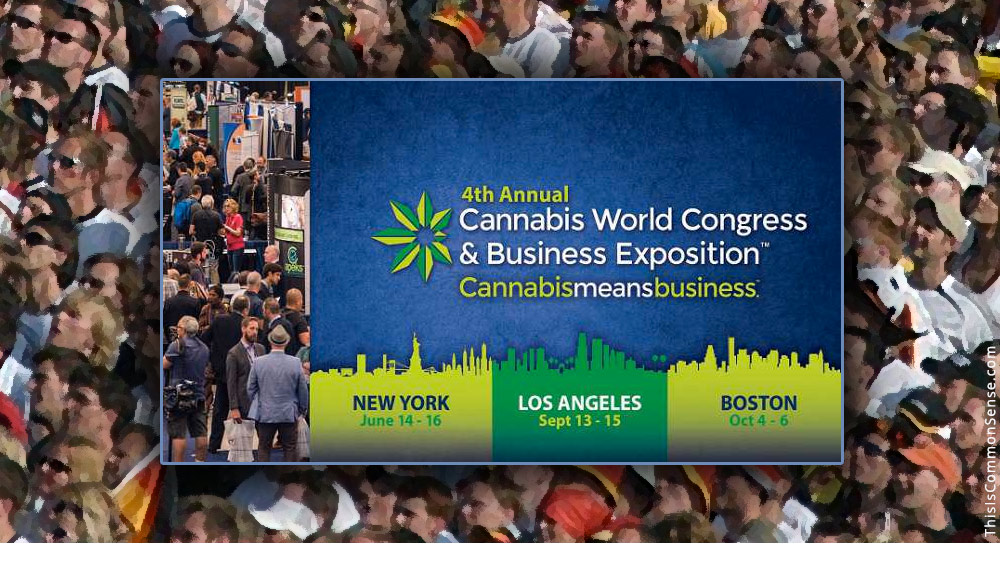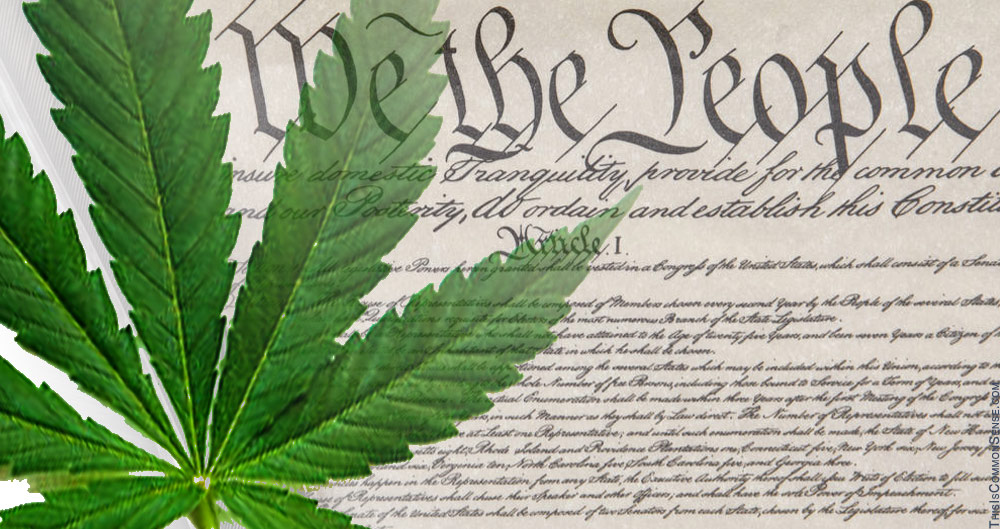“Do all former congressmen have to get cancer before we’re gonna get medical marijuana or recreational marijuana?”
That’s what Reason TV’s Nick Gillespie asked Billy Tauzin at the Cannabis World Congress and Business Exposition. Tauzin’s a former Representative for Louisiana’s 3rd District. He moved from Congress to lobbying for Big Pharma — I mean, PhRMA, a drug lobbying group — and then to Lenitiv Scientific, where he works now.
The company produces “a line of innovative, high quality cannabis and hemp-derived CBD products,” its website informs. These products, says the former Republican politician, are so effective that he now expresses some regret that he could not have had access to such drugs when he was fighting cancer more than a decade ago. Today’s cancer patients have it easier, because of cannabis-derived products, including CBD.
Hence Gillespie’s question — which almost answers itself.
With a No.
The number of states that have legalized or decriminalized marijuana for recreational or medicinal uses (or both) is growing all the time, usually without the help of politicians with or without cancer.
The movement has mostly been carried on by We, the People through initiative and referendum. Especially the crucial early steps.
But politicians are beginning to follow our leadership.
Which, in a society where citizens are in charge, is all to the good.
Though powerful opposition remains, Tauzin speculates, “I think if we took a silent vote, secret ballot, we’d win tomorrow easily.”
So, given a little more time for Congress to catch up with the culture, freedom can prevail, no cancer necessary.
This is Common Sense. I’m Paul Jacob.




